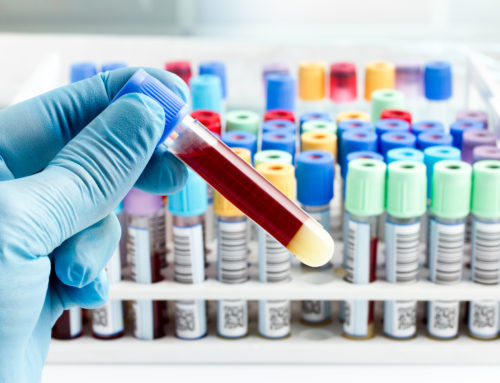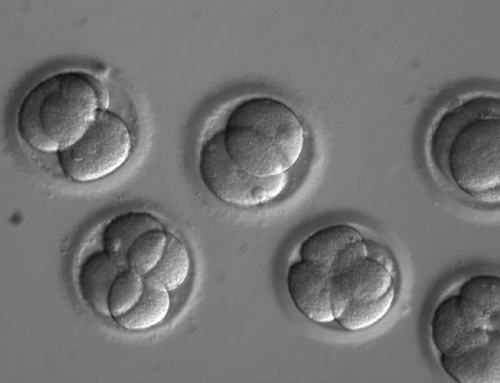Kinds of IVF
In Vitro Fertilization (IVF) is a fertility treatment process by which treated sperm from a male partner or sperm donor are combined with oocytes (eggs) that have been retrieved from a female partner or egg donor in our embryology laboratory.
The eggs that fertilize are allowed to develop into embryos before transfer into the mother’s uterus where they can implant into the lining of the uterus and grow into a baby girl or boy.
There are several variations to the basic IVF process that can increase chances at success, ensure genetic disorders aren’t passed on, identify chromosomal abnormalities, shorten the number of cycles required and cost less.
Types of IVF:
-
IVF + Frozen Embryo Transfer (FET)
-
IVF + Elective Single Embryo Transfer (eSET)
-
IVF + Intracytoplasmic Sperm Injection (ICSI)
-
IVF + Egg Donor
-
IVF + Donor Sperm
-
Natural IVF
IVF Process
Traditionally, the ovaries are moderately stimulated to mature a maximum number of eggs and can typically produces three to ten mature eggs. Daily injections of hormone drugs (gonadotropins) stimulate the ovaries. This is usually takes about 10 days of a small needle injection.
The hormone drugs cause the follicles to grow, which increase the hormone level of estrogen (estradiol) which then promotes the uterine lining to grow which prepares the lining for embryo implantation. Traditional IVF collects more eggs than other “gentle” procedures which increases the chances of pregnancy.
Approximately 2/3 of eggs become fertilized and about half of those fertilized eggs develop into good quality embryos. Transfer of the embryos to the uterus may occur between the third and fifth days after egg retrieval, or can be cryopreserved to be used later on in a Frozen Embryo Transfer (FET) cycle.
IVF Success Rates
The number of embryos transferred back into the patient’s uterus depends on her age and the quality of the embryo. Typically, women under their mid 30’s only have 1 embryo transferred and older women may have 2 transferred. This is one of the most important decisions that the patient will make with her doctor.
The goal is to avoid a high order multiple pregnancy such as triplets or greater since these cases are associated with premature deliveries, and complications such as neonatal lung immaturity, seizures, and other medical problems.





